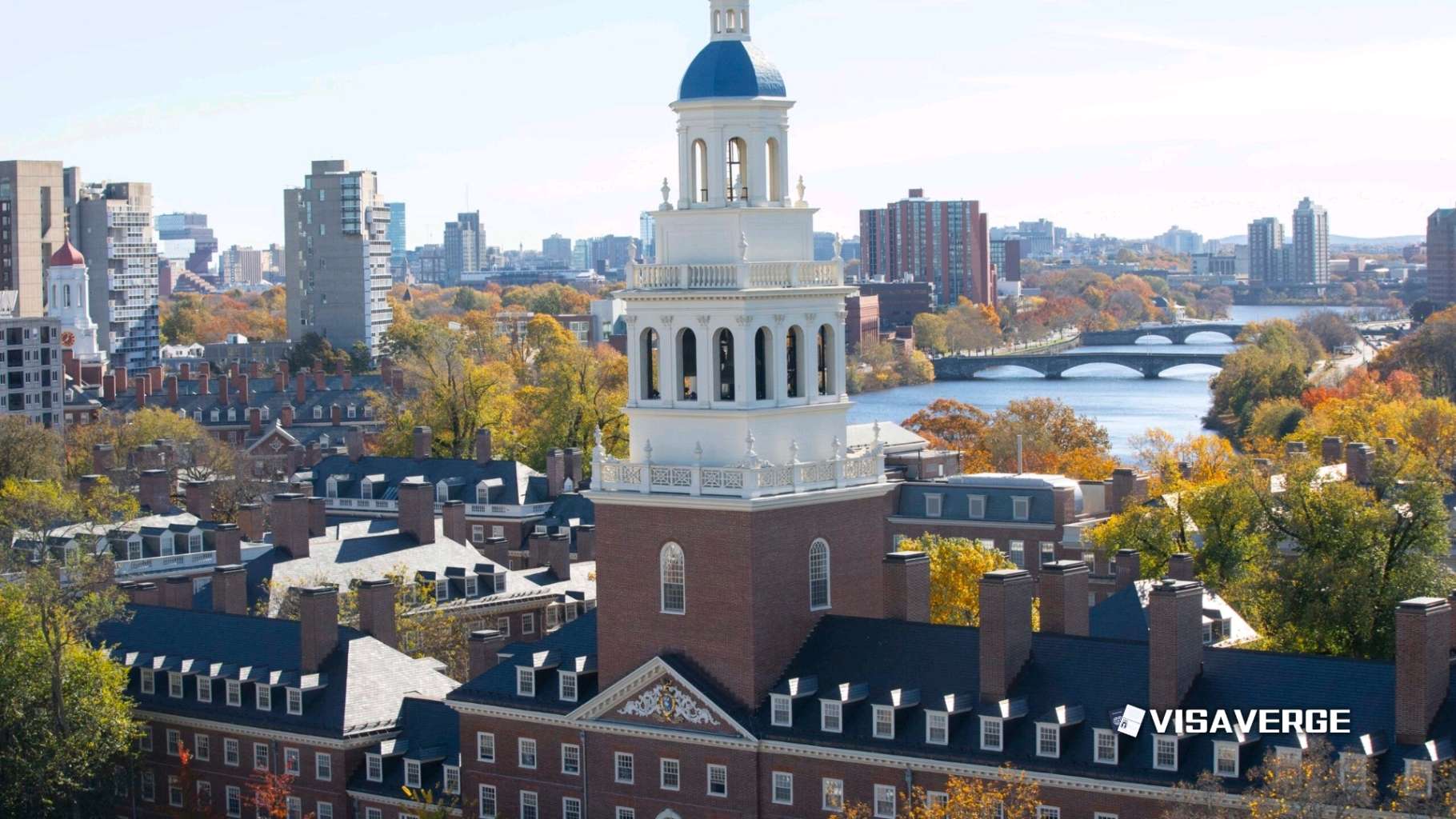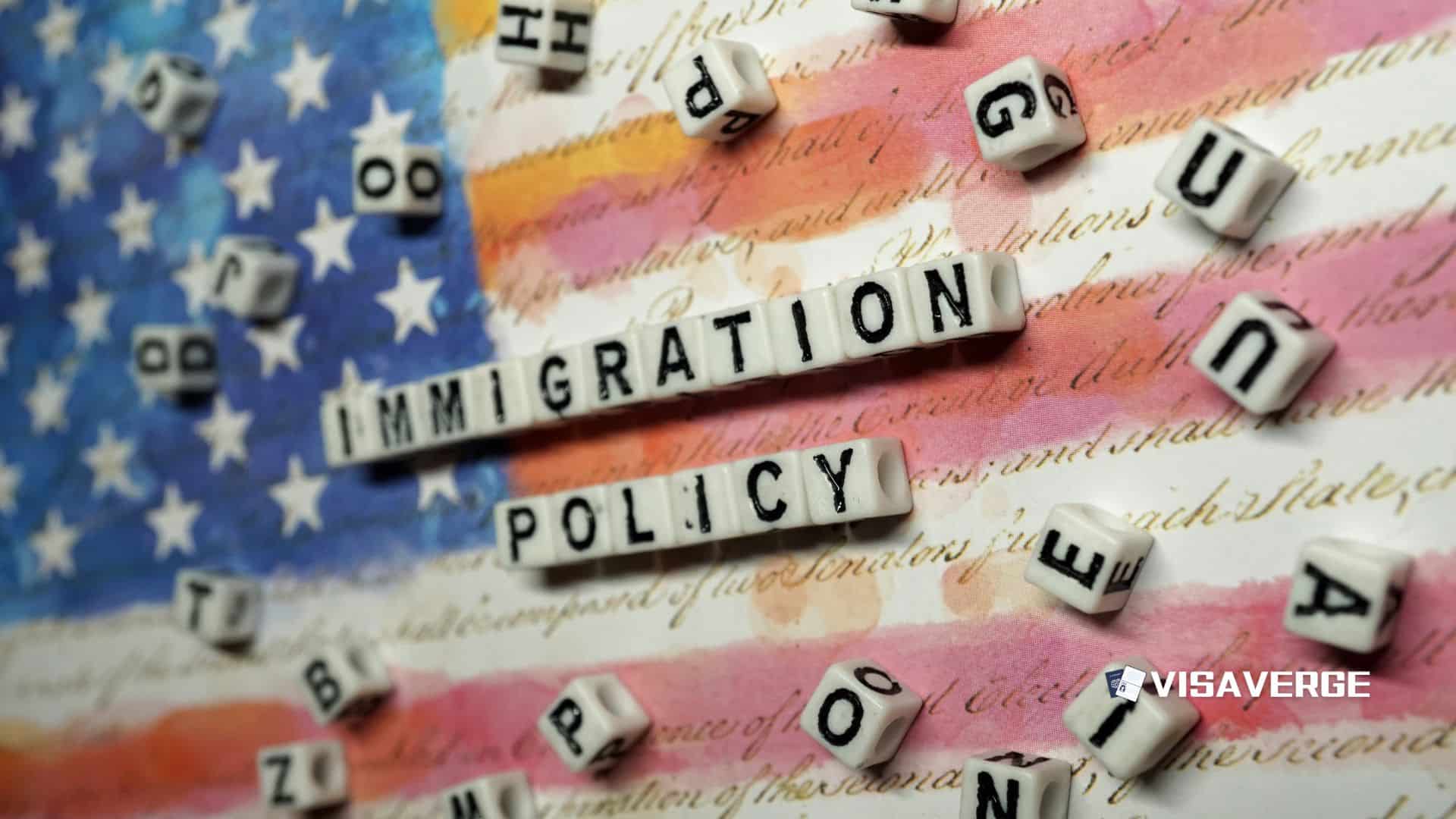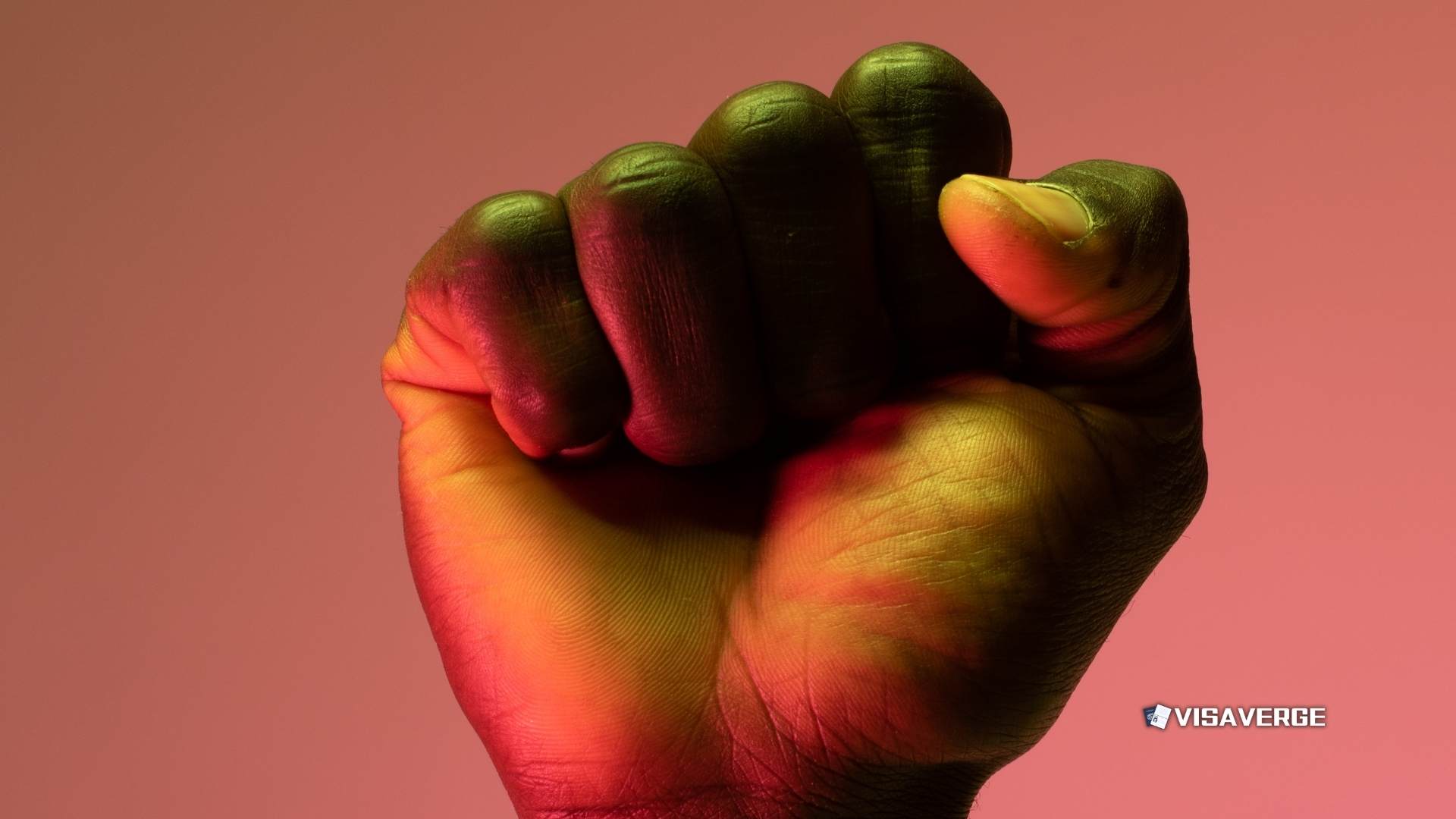Key Takeaways
• Trump administration freezes over $2.2 billion in new federal funding to Harvard pending strict White House demands.
• White House demands Harvard end DEI programs, reform governance, implement merit-only policies, and increase viewpoint diversity.
• Harvard sues to block the freeze, arguing it threatens academic freedom, independence, and constitutional rights for universities.
The Trump administration has put one of the most famous universities in the world, Harvard University, under a strict new rule. As of April 2025, the federal government says Harvard will not get any new grants or contracts—worth more than $2.2 billion—unless it agrees to a long list of tough White House demands. This decision marks a serious turn in a growing battle between the Trump administration and many top American universities. People across the country are watching what will happen next, because this conflict could decide who controls big parts of higher education in the United States 🇺🇸.
The lead in this standoff is clear: the Trump administration is using funding as leverage to push Harvard to make big changes. At the heart of it, this is not only about money but about the question of how much independence a university should have and what kinds of ideas and policies are protected on campus.

What Has Happened and Why It Matters
The story began when the Trump administration told Harvard that all new grants and contracts from the federal government were officially on hold. This means that medical research, technology projects, and other studies at Harvard no longer have support from important government agencies. For example, much of the funding for work at schools like the Harvard Medical School comes from the federal government. With this freeze in place, scientists and students at the university cannot start or continue new projects that need federal grant money.
Right now, Harvard is one of the biggest recipients of federal research money in the world. If the freeze lasts, projects that benefit the public—like developing new medicines, making advances in technology, or studying pressing global problems—could all be affected. This action doesn’t just hurt Harvard; it can set an example for other top universities that depend on research funds from Washington.
The Trump administration says it took this step because Harvard has not lived up to certain standards. Officials have accused the university of having poor campus management, biased admissions practices, and rules that allow antisemitism to grow. Many of these complaints came after protests and rising tensions about the Israel-Gaza conflict on Harvard’s campus and in the news.
White House Demands: What Does the Government Want from Harvard?
The federal government has put forward a sweeping list of conditions. In April 2025, the Trump administration sent several detailed letters to Harvard which outlined what must happen before the grant freeze can be lifted. The main points include:
- Governance Reform: Harvard must change how it is led. The administration wants less influence from faculty it considers to be politically active. It also wants a new system for choosing university leaders.
-
Merit-Based Hiring and Admissions: Preferences based on race, color, religion, sex, or national origin in hiring or admissions must end. In other words, the Trump administration wants all these decisions to be based only on a person’s achievements and qualifications. It also wants regular government checks, or “audits,” to make sure Harvard follows the rules.
-
Viewpoint Diversity: Harvard must prove that students and staff with different political and ideological views are welcome and treated fairly. The government wants outside experts to check how much “viewpoint diversity” exists within departments. If they find not enough diversity, Harvard will have to change its hiring or admissions policies to fix it.
-
End DEI Programs: All programs, offices, or committees that focus on Diversity, Equity, and Inclusion (often called “DEI”) must be ended. The Trump administration says these programs cause unfairness and division.
-
Disciplinary Changes: The rules about protests must change. For example, students would not be allowed to wear masks at protests on campus, and certain violations by international students would be reported to federal agencies.
-
Transparency and Monitoring: Harvard must provide regular, detailed reports to the government to show that it is meeting every demand. This monitoring could last for years.
These demands, especially suspending DEI programs and adding outside checks for viewpoint diversity, are some of the most detailed and strict ever made in the history of federal funding.
Some letters sent by Trump administration officials were later described as being sent in error or without the right approval, but Harvard argued it was still being forced to act as if these messages were official. There was confusion and tension as both sides argued about what was truly required.
How Has Harvard Responded?
Harvard, led by President Alan Garber, has pushed back strongly. The university says that following these White House demands would mean giving up its independence and constitutional rights. Harvard leaders say the changes the Trump administration wants would force them to violate legal rules and could be against the country’s values for how universities should be treated.
President Garber released a clear statement:
“The University will not surrender its independence or relinquish its constitutional rights.”
Harvard quickly moved to challenge the freeze and the demands in court. The school filed lawsuits to block the freeze, saying the government’s actions are not legal. In the court complaints, Harvard argued that the White House is reaching far beyond its powers. The lawsuit claims that demanding things like ending DEI or requiring political “diversity audits” is an attack on academic freedom and free speech. Harvard believes this is the first test of many, as other universities could soon face the same rules.
The Bigger Picture: Harvard and the National Debate
The fight between Harvard and the Trump administration is not happening in isolation. Many other top universities have also faced new pressure over the last year, mainly about how they handle speech, protests, and diversity programs on campus.
There have been many protests about Israel and Gaza at United States 🇺🇸 universities. Some groups and politicians believe universities have not done enough to keep campuses safe from antisemitism, while others say the government is interfering too much in what students and teachers believe or say. The Trump administration has already announced extra reviews or investigations at other Ivy League schools and has pushed for big changes in the way these schools operate.
There is debate among the public, university leaders, lawmakers, and students about what the right balance should be. Some people support the Trump administration’s efforts, arguing that elite universities have gone too far with progressive or left-leaning policies. They believe DEI programs are unfair and speech policies are too restrictive. Others say the government’s approach goes against the core ideas of academic freedom and sets a dangerous example.
Analysis from VisaVerge.com suggests these clashes could shape not only law and policy for years to come but also how universities respond to political pressure in the future. If the Trump administration wins in court, leaders in Washington could gain much more power over private and public universities. But if Harvard wins, schools may be granted more freedom to set their own rules and protect their independence.
Impact on Research, Students, and the Wider Community
The halt in grants and contracts is being felt across Harvard. With $2.2 billion at stake, much of the cycle of discovery and scientific progress is on pause. For many researchers, labs have had to stop or slow down their studies, and planned breakthroughs could be delayed for months or even years. This is true not just for science, but for work in areas like social policy, computer science, medicine, and public health.
For students, especially those from overseas who rely on grants for tuition or living expenses, these changes can have immediate effects. International students and researchers who may have been attracted to Harvard for its resources and reputation could now have fewer chances to come to the United States 🇺🇸 or might face uncertainty about their status if programs are cut or delayed.
Employers, hospitals, and communities around Harvard also feel the ripple effect. Research at Harvard leads to new jobs and partnerships, and cutting off funding could slow down not only progress but also economic growth in the area.
Litigation and the Legal Debate
With both Harvard and the Trump administration unwilling to back down, the courts will now decide if the freeze and the White House demands can stand. The legal fight is expected to last for months and may even reach the Supreme Court.
Harvard argues that forcing universities to give up their policies and programs to get funding is unfair and sets limits on academic freedom. The Trump administration says that since Harvard receives public funding, it should have to follow government rules—especially on civil rights.
This legal clash could decide future rules not only for Harvard but for any college or university that receives federal grants or contracts. If the government can withhold money to get its way, there may be new questions about what universities must do to keep their funding.
Real-World Questions from This Conflict
People across the country are now wondering:
- Can the federal government set such detailed rules, including hiring and program requirements, for private universities if those schools take public money?
- Will ending DEI programs and changing admissions help or harm efforts to create fairer and more open universities?
- What happens to free speech and protest rights on campus when new conduct and reporting rules are put in place?
- Will other universities face the same demands, and if so, what will that mean for higher education as a whole?
Harvard’s case could set a path for all colleges—both private and public—that rely on major government funding. The outcome may affect how leaders respond to White House demands for years to come.
Looking Forward: The Stakes for Higher Education
The world is paying close attention to how this standoff plays out. The Trump administration has made clear it will not allow federal funds to flow to Harvard—or likely, to any other university—in future unless its conditions are met. Harvard, for its part, has drawn a sharp line and says its independence is not for sale.
Who will decide what rules shape the daily life, diversity, and speech at top universities? The result of Harvard’s lawsuit and negotiations with the government will answer this. Some fear that political interference will only grow, while others say change is needed to make universities fairer and more accountable.
People who want to learn more about how the government awards and manages grants to universities can read about it on the official U.S. Department of Education Federal Student Aid website.
One thing is certain: whatever happens, the conflict between the Trump administration and Harvard over the White House demands will be remembered as a turning point in the story of American higher education. The case goes well beyond one university and one administration. It speaks directly to questions about who controls knowledge, who decides what counts as fair or unfair, and how the United States 🇺🇸 will keep its universities both independent and accountable in the years ahead.
As the legal and public battle continues, students, families, and researchers at Harvard—and all those at schools across the United States 🇺🇸—wait for answers that will affect their futures for a long time to come.
Learn Today
DEI Programs → Initiatives in Diversity, Equity, and Inclusion aimed to support underrepresented groups in university admissions, hiring, and campus life.
Governance Reform → Changes to how a university is managed, including leadership structure and influence of politically active faculty members.
Merit-Based Hiring → Hiring or admissions decisions based solely on individual achievements and qualifications, not factors such as race, religion, or origin.
Viewpoint Diversity → Inclusion of a range of political and ideological perspectives among students, staff, and faculty within an academic institution.
Federal Grant Freeze → Government action halting the awarding of new federal funding or contracts until specific conditions are met by a university.
This Article in a Nutshell
Harvard University faces a crippling freeze on more than $2.2 billion in federal funding after refusing White House demands. The dispute centers on academic freedom, DEI programs, and campus policies. The outcome of this high-stakes legal battle could redefine government control over higher education nationwide—impacting research, students, and institutional independence.
— By VisaVerge.com
Read more:
• Trump administration to revoke Harvard University’s tax exempt status
• Trump administration visa rules prompt Harvard to change student policy
• White House demands sweeping changes at Harvard University
• Kristi Noem demands Harvard disclose international student data
• Trump threatens Harvard’s tax-exempt status over compliance













